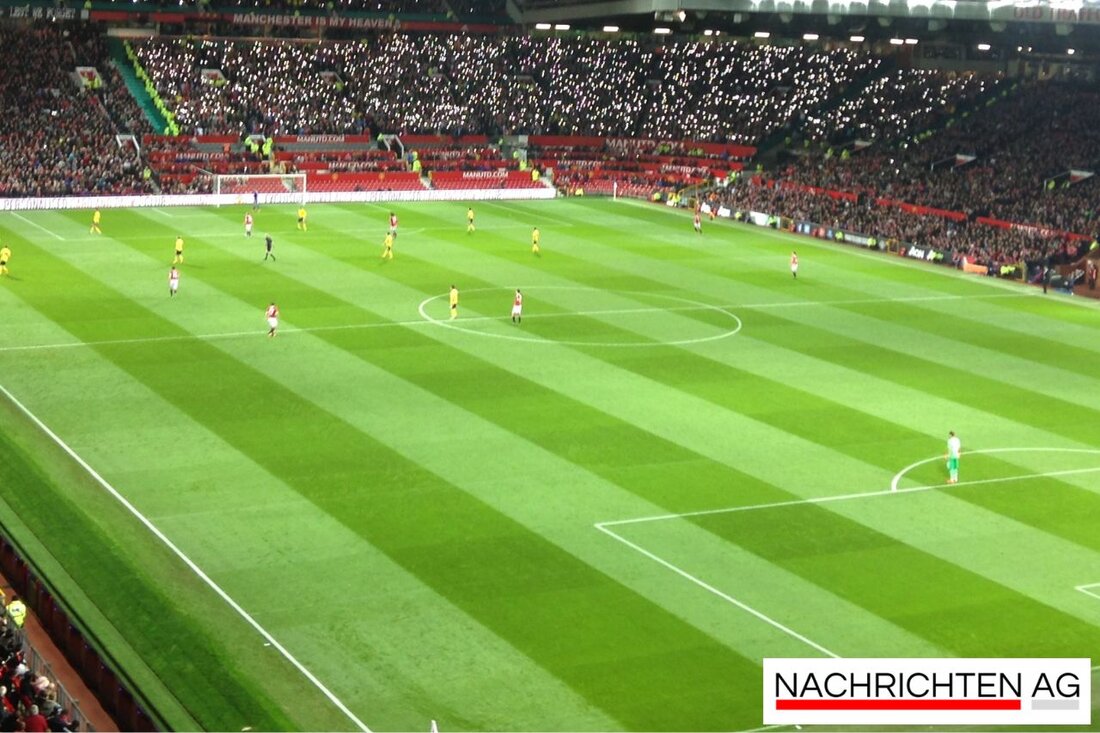Federal Cartel Office clarifies: 50+1 rule under pressure-what now?
Federal Cartel Office clarifies: 50+1 rule under pressure-what now?
On June 16, 2025, the Federal Cartel Office published a preliminary evaluation of the controversial 50+1 rule in German football. This rule is crucial for the structure of the Bundesliga and the 2nd Bundesliga, as it says that the majority of the voice shares in a professional department must continue to be in the hands of the mother club. While the authority does not express any fundamental concerns about this rule, it calls for certain adjustments from German Football League (DFL) to ensure compatibility with national and European antitrust law. Sport Bild reports that these adjustments are under three essential conditions.
The first condition states that there may be no exceptions to the 50+1 rule. The existing protection for factory clubs such as Bayer Leverkusen and VfL Wolfsburg should only be temporary. This is a remarkable point, because these two clubs have been enjoying a special position for a long time that is now on the brink. The second condition calls for transparent handling regarding the voting membership of all clubs, while the third regulation ensures that the DFL ensures that the instructions of the member associations are also followed in voting. This caused a stir, especially at Hannover 96, since the decisions of the managing director Martin Kind were questioned in the past.
The basis of discussion of the DFL
The Federal Cartel Office recommends that the DFL take measures to use the 50+1 rule for legally secure use and emphasize that all clubs in the first and second division must be treated equally. This includes ensuring open access to membership for fans in order to enable broad participation. A judgment of the European Court of Justice (ECJ) from 2023, which underlined the importance of participation, brings additional pressure on the DFL. The DFL is expected to deal intensively with this topic and to put proposals to delete the exemptions for Leverkusen and Wolfsburg. In addition, it is required that the DFL consistently implemented the 50+1 rule in the event of voting on investor participations.
according to Bundeskartellamt The DFL is required to discuss the current situation in your self -administration bodies. A longer transition period for the implementation of the new regulations is considered justified. In the past, there have already been discussions about possible compromise proposals, such as the introduction of a luxury tax or an additional body for club representatives, which never led to an agreement.
The effects on the clubs
At the exam, the clubs in particular are the focus during the examination. In the past, the handling of the rules at Hannover 96 was questioned, while access to membership at RB Leipzig is considered inadequate. The DFL must now act to implement the recommendations of the cartel office. Missing dealing could have far -reaching consequences for the competitive conditions in the Bundesliga.In a time when football is increasingly under stricter economic observation, the DFL could be challenged to show a good hand and to lead the member associations into a transparent and fair competition. These developments in connection with the 50+1 rule will probably deal well with German football in the coming months. The interests of the fans, clubs and future investors are at stake. The pressure on the DFL grows.
For more information about the topic and the current developments, you can also read at [Sportschau] (https://www.sportschau.de/fussball/bundesliga/bundeskartellamt-dfl-muss-501-regel-konsquent-wenden.50-plus-1- Bundeskartellamt.
| Details | |
|---|---|
| Ort | Wolfsburg, Deutschland |
| Quellen | |


Kommentare (0)